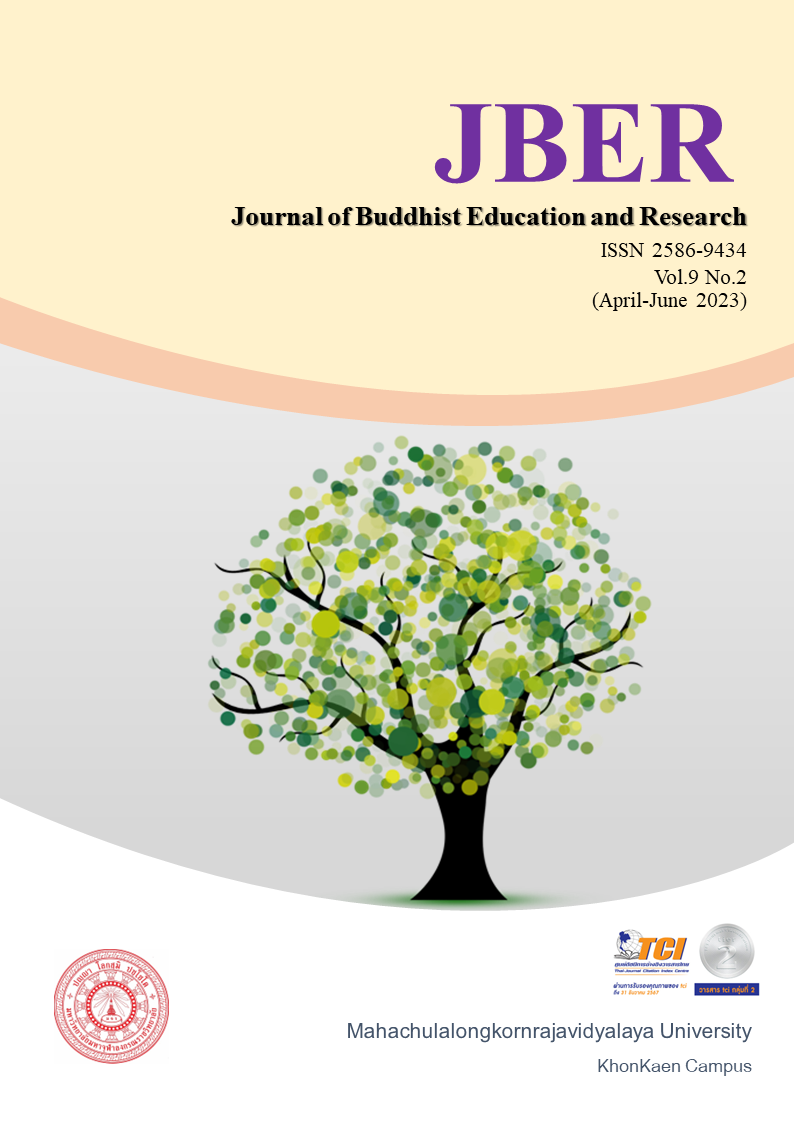A STUDY OF THE INFLUENCE OF CORPORATE SOCIAL RESPONSIBILITY ON CUSTOMER PURCHASE INTENTION: THE MODERATING EFFECT OF INVOLVEMENT
Keywords:
Corporate Social Responsibility(CSR), Involvement, Purchase IntentionAbstract
With the improvement of education level, the awakening of consumers' consumption awareness, and the transparency of information flow, the importance of corporate social responsibility and the degree of attention by the public and enterprises are increasing day by day, and the research of corporate social responsibility on consumers' purchase intention is also increasing increasingly important. Based on expectation theory and rationality theory, this study constructs a model that CSR affects consumers' purchase intention, in order to explore how consumers' perceptions of corporate social responsibility behaviors and how such perceptions affect their purchase intentions for corporate products. A total of 426 valid questionnaires were collected, and the hypothesis was tested by exploratory factor analysis for reliability analysis, correlation analysis and regression analysis. The results showed that corporate social responsibility and the degree of involvement positively affected consumers' purchase intention. The degree of involvement positively moderated the relationship between corporate social responsibility and purchase intention.
References
Aguinis, H. & Glavas, A. (2019). On corporate social responsibility,sensemaking, and the search for meaningfulness through work. Journal of Management, 45(3), 1057-1086.
AlSuwaidi, M., Eid, R., & Agag, G. (2021). Understanding the link between CSR and employee green behaviour. Journal of Hospitality and Tourism Management, 46(3), 50-61.
Amatulli, C., De Angelis, M., Korschun, D., & Romani, S. (2018). Consumers' perceptions of luxury brands’ CSR initiatives: An investigation of the role of status and conspicuous consumption. Journal of Cleaner Production, 194(2), 277-287.
Berens G, Riel C, & van Rekom J. (2007). The CSR-Quality trade-off: When can corporate social responsibility and corporate ability compensate each other?. Journal of Business Ethics, 74(3), 233-252.
Blackwell, R. D., Miniard, P. W., & Engel, J. F. (2001). Consumer Behavior. New Youk: Harcourt.
Carrington, M. & Neville, B. (2015). CSR and the consumer. Corporate Social Responsibility, 27(4), 166-204.
Deng xinming, Tian Zhilong, Liu Guohua, & Chen Lu. (2011). Consumer response to corporate ethical behavior in Chinese context. China Soft Science, 11(02), 132-153.
Grimmer, M. & Bingham, T. (2013). Company environmental performance and consumer purchase intentions. Journal of Business Research, 66(10), 1945-1953.
Lafferty, B. A. & Goldsmith, R. E. (1999). Corporate credibility’s role in consumers’ attitudes and purchase intentions when a high versus a low credibility endorser is used in the ad. Journal of Business Research, 44(2), 109-116.
Lichtenstein, D. R., Drumwright, M. E., & Braig, B. M. (2004). The effect of corporate social responsibility on customer donations to corporate-supported nonprofits. Journal of Marketing, 68(4), 16-32.
Long xianyi, Deng Xinming, & Yang Xifan. (2020). Corporate social responsibility, purchasing intention, and purchasing behavior -- Proactive personality and self-efficacy have moderating mediating effects. Journal of Systems Management, 29(04), 646-656.
Marin, L., Ruiz, S., & Rubio, A. (2009). The Role of Identity Salience in the Effects of Corporate Social Responsibility on Consumer Behavior. Journal of Business Ethics, 84(1), 65-78.
Oeberseder, M., Schlegelmilch, B. B., Murphy, P. E., & Gruber, V. (2014). Consumers' perceptions of corporate social responsibility: Scale development and validation. Journal of Business Ethics, 124(1), 101-115.
Saka, N. & Olanipekun, A.O. (2021), Impact of the banking sector reform in the construction sector. Journal of Financial Management of Property and Construction, 26(3), 387-407.
Sen, S. & Bhattacharya, C. B. (2001). Does doing good always lead to doing better? Consumer reactions to corporate social responsibility. Journal of Marketing Research, 38(2), 225-243.
Sen, S., Bhattacharya, C. B., & Korschun, D. (2006). The role of corporate social responsibility in strengthening multiple stakeholder relationships: A field experiment. Journal of the Academy of Marketing Science, 34(2), 158-166.
Shabib, F. & Ganguli, S. (2017). Impact of CSR on consumer behavior of Bahraini women in the cosmetics industry. World Journal of Entrepreneurship, Management and Sustainable Development, 13(3), 174 - 203.
Skarmeas, D., Leonidou, K. N., Saridakis, C., & Musarra, G. (2020). Pathways to civic engagement with big social issues: An integrated approach. Journal of Business Ethics, 164(2), 261-285.
Vlachos, P. A., Theotokis, A., Pramatari, K., & Vrechopoulos, A. (2010). Consumer-retailer emotional attachment. European Journal of Marketing, 44(9), 1478-1499.
Wang ruibin, & Zhang Xiangqun, (2020). The impact of corporate social responsibility on dual innovation: Based on the moderating role of social network. Science & Technology and Economics, 33(04), 21-25.
Yeo, A. C. M., Lee, S. X. M., & Carter, S. (2018). The influence of an organization’s adopted corporate social responsibility constructs on consumers’ intended buying behaviour: A Malaysian perspective. Social Responsibility Journal, 14(3), 448-468.





